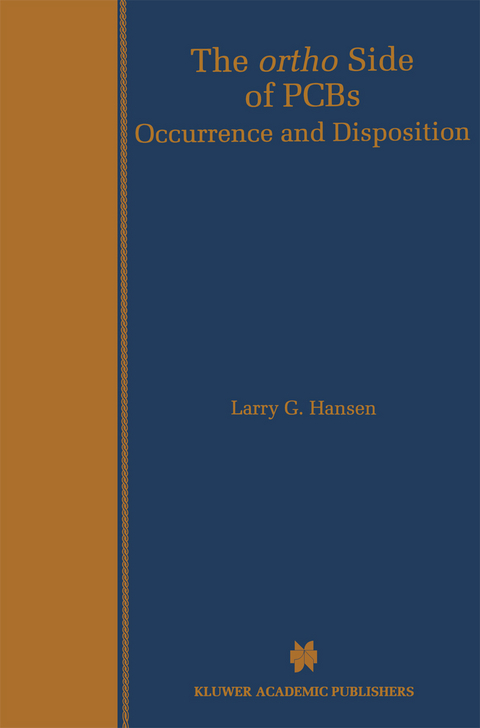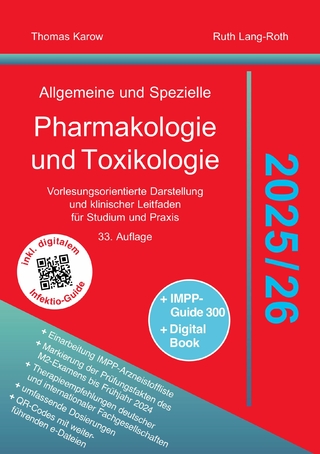
The ortho Side of PCBs
Springer-Verlag New York Inc.
978-1-4613-7299-8 (ISBN)
1. PCBs: Production and Properties.- 2. The Individual Chlorobiphenyls.- 2.1 GC Retention Times.- 2.2 Other Properties.- 2.3 Congener. Abundance in Former Commercial Mixtures.- 2.4 Congener-Specific Biological Properties.- 3. Interpretation of Analytical Data.- 3.1. Low Resolution GC and Pattern Recognition.- 3.2. Transition from Low Resolution to High Resolution GC.- 3.3. Selection of Analytes.- 4. Atmospheric Transport.- 4.1. Global Compartments.- 4.2 Atmospheric PCB Levels.- 4.3. Dispersion of airborne PCBs.- 4.4. Global Fractionation.- 4.5. Character of Localized Emissions.- 4.6. Accumulation of Airborne PCBs by Vegetation.- 4.7. Other Environmental Pathways for Airborne PCBs.- 4.8 Summary.- 5. The Hydrosphere and Lithosphere.- 5.1. Relative Magnitude of Reservoirs.- 5.2. Movement and Fluxes of PCBs Among Reservoirs.- 5.3. Bioconcentration of PCBs from Water.- 5.4. Bioaccumulation from Multiple Pathway Exposures.- 6. Metabolism and Metabolites.- 6.1 Gone But Not Forgotten.- 6.2 Mass Balance.- 6.3 Oxidative Metabolism.- 6.4 Phase 2 and Phase 3 Metabolism.- 6.5. Dose, Time, Induction and Biotransformation Rates.- 7. Disposition and Toxicokinetics.- 7.1. Toxicokinetics.- 7.2 Very basic toxicokinetic models.- 7.3. Models of oral exposure.- 7.4. PBPK Model of early disposition.- 7.5 Toxicokinetics in Other Classes of Animals.- 7.6. Toxicokinetics and PCB Residue Profiles.- 8. Food Chain Profiles.- 8.1. PCB profiles in fish.- 8.2. PCB profiles in marine mammals.- 8.3. Other profile-altering PCB exposures.- 8.4. Reporting of Human PCB Residues.- 8.5. Characterizing Human PCB Residues.- 8.6. Model of infant exposure to PCBs in human breast milk.- 8.7. Final considerations.- References.- Appendices.- 1. Nomenclature of Polychlorinated Biphenyls.- 2. PCB Congener Weight % inAroclors of 5 Types.- 3. Some Properties of Chlorobiphenyls.- 4. Estimation of PCB Congener Production Ratios.- 5. Comparison of Human Residues Reported by Sample Authors Without Standards Available.- 6. Airborne PCBs.- 7. Percent Congener Composition of PCBs in Various Plants.- 8. Dispersion in Air.- 9. Sediments and Water.- 10. PCB Residues in Fish from the Great Lakes.- 11. “Average” Fish Residue Profiles.- 12. Average Human Milk.- 13. Frequencies of Congener Occurrence in Breast Milk Surveys.- 14. Abbreviations.
| Zusatzinfo | XI, 269 p. |
|---|---|
| Verlagsort | New York, NY |
| Sprache | englisch |
| Maße | 155 x 235 mm |
| Themenwelt | Medizin / Pharmazie ► Medizinische Fachgebiete ► Pharmakologie / Pharmakotherapie |
| Medizin / Pharmazie ► Pharmazie | |
| Studium ► 2. Studienabschnitt (Klinik) ► Pharmakologie / Toxikologie | |
| Studium ► Querschnittsbereiche ► Prävention / Gesundheitsförderung | |
| Naturwissenschaften ► Biologie ► Ökologie / Naturschutz | |
| Naturwissenschaften ► Chemie ► Physikalische Chemie | |
| Technik ► Umwelttechnik / Biotechnologie | |
| ISBN-10 | 1-4613-7299-2 / 1461372992 |
| ISBN-13 | 978-1-4613-7299-8 / 9781461372998 |
| Zustand | Neuware |
| Informationen gemäß Produktsicherheitsverordnung (GPSR) | |
| Haben Sie eine Frage zum Produkt? |
aus dem Bereich


